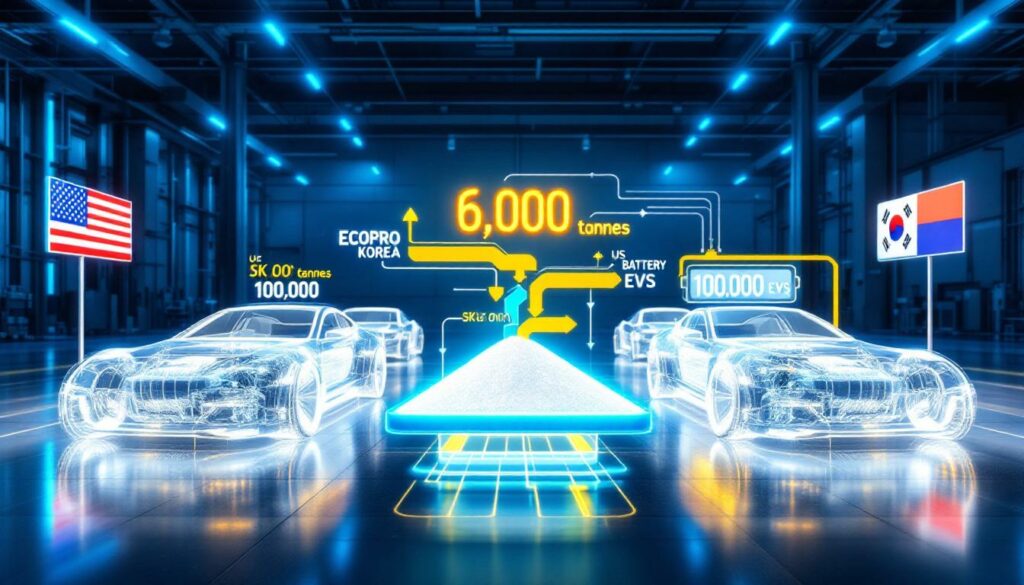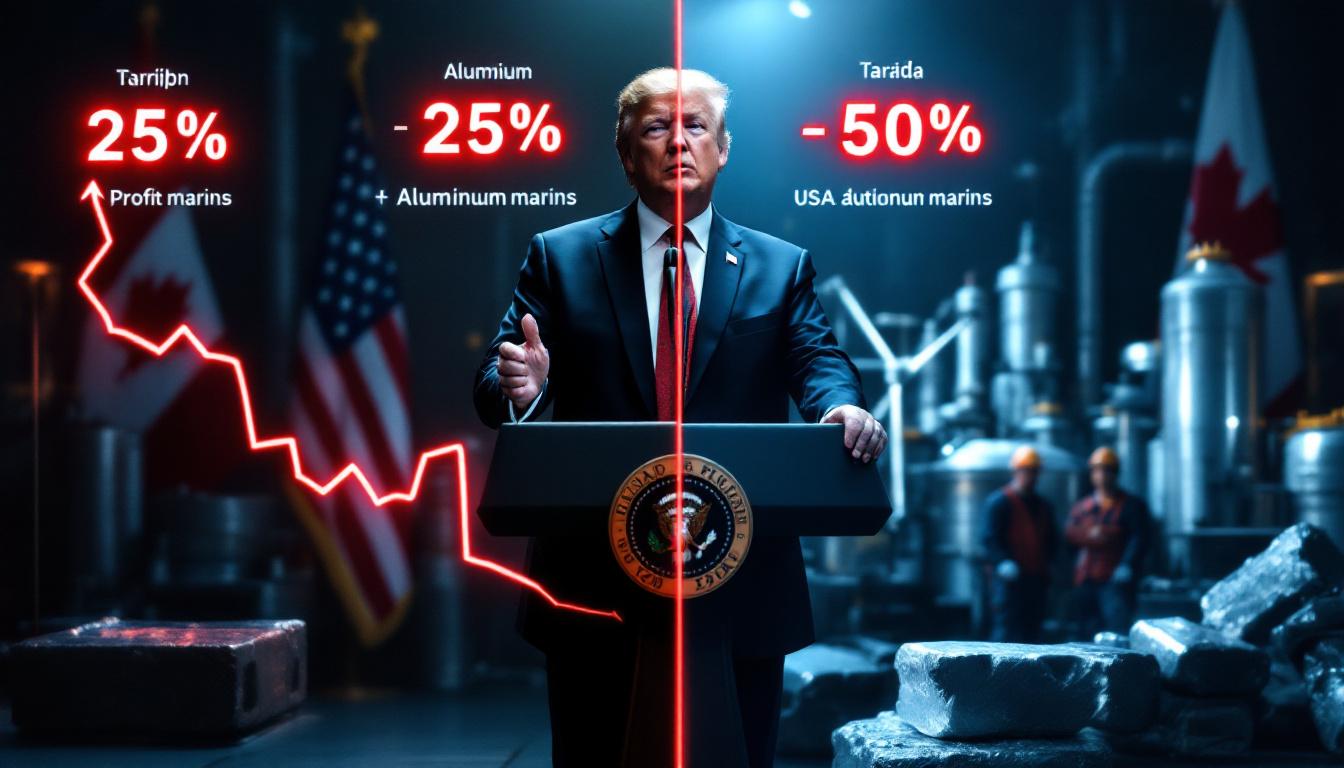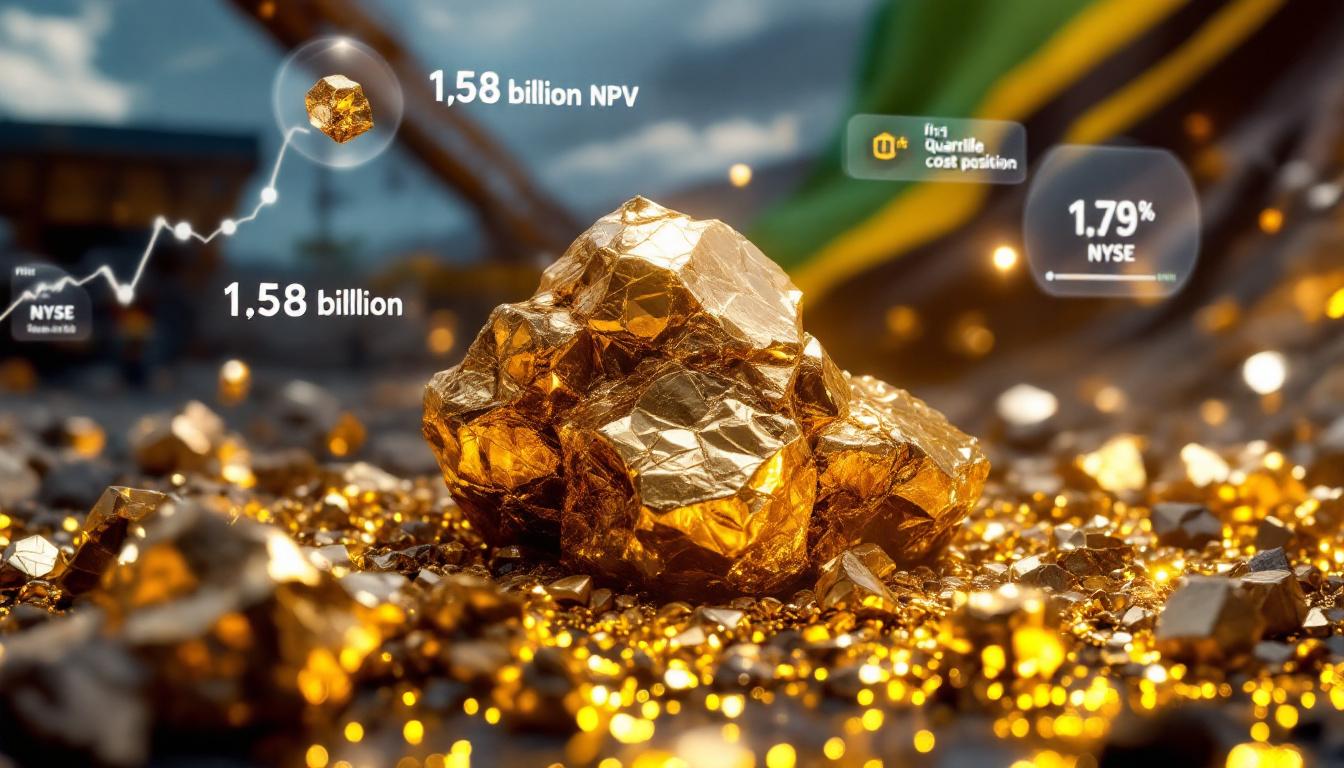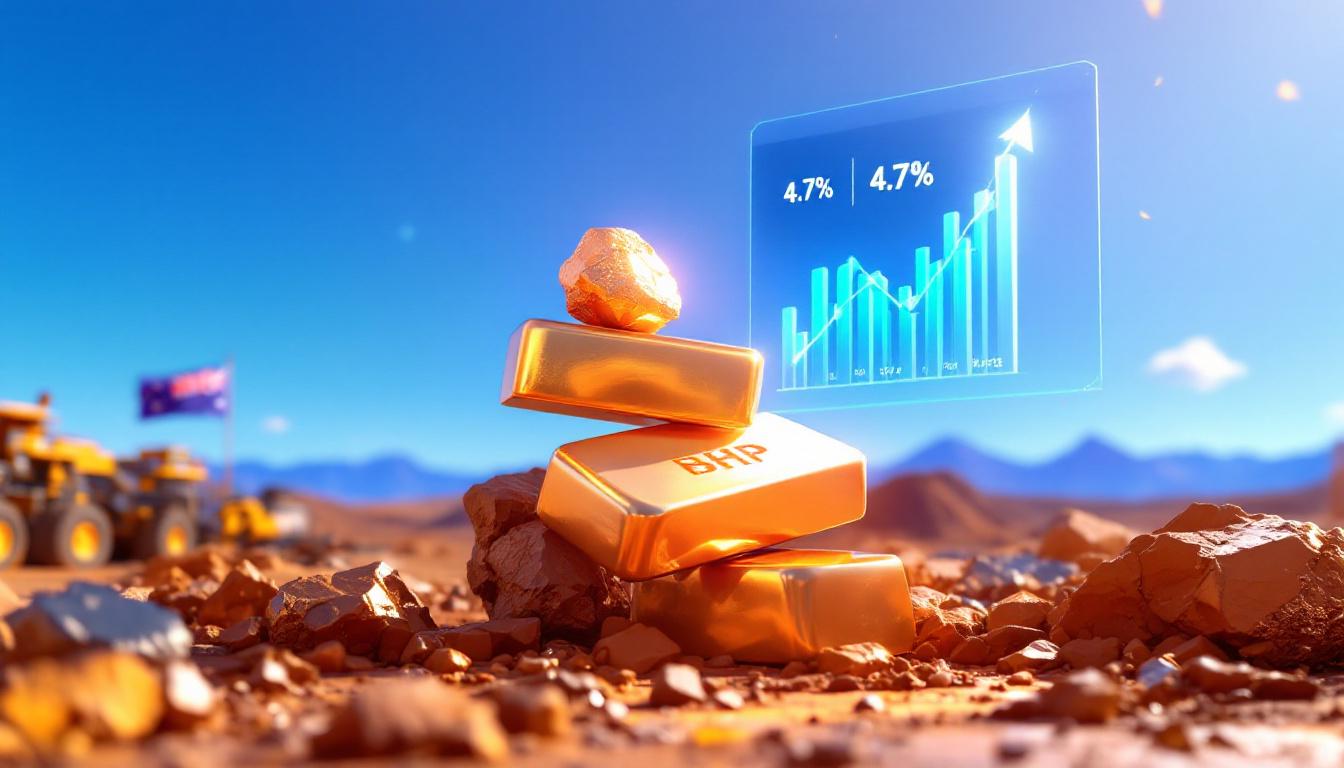Understanding the Strategic Importance of the Ecopro-SK On Lithium Hydroxide Agreement
The July 2025 supply agreement between Ecopro and SK On represents a pivotal development in the global battery supply chain landscape. This strategic partnership emerges at a critical juncture in the EV industry, with multiple regulatory factors converging to reshape material sourcing strategies.
The timing of this agreement is particularly significant, positioned just months before the planned phase-out of US electric vehicle tax credits in September 2025. According to Battery Industry's analysis, this deal directly responds to the US Inflation Reduction Act's stringent requirements regarding battery material sourcing from "foreign entities of concern."
Manufacturers are increasingly prioritizing partnerships that can help them navigate the complex regulatory landscape while maintaining competitive positioning in key markets. The Ecopro-SK On lithium hydroxide supply agreement exemplifies this shift toward strategic supply chain restructuring, with a clear focus on reducing Chinese material dependency.
"With increasing regulatory pressure from the US and growing concerns about supply chain resilience, agreements like this represent the new normal for battery material sourcing strategies." – Battery Industry analysis, July 2025
Beyond regulatory compliance, this partnership also serves as a hedge against potential tariff increases on Chinese lithium compounds. The US has already implemented significant tariffs on various Chinese imports, with battery materials receiving particular scrutiny under Section 301 investigations.
What Does the Ecopro-SK On Supply Deal Involve?
Key Terms of the Lithium Hydroxide Agreement
The agreement centers on the supply of up to 6,000 tonnes of battery-grade lithium processing in 2025, to be produced at Ecopro's facilities within South Korea. This material will be directed to SK On's US battery manufacturing operations, providing enough lithium hydroxide to power approximately 100,000 electric vehicles.
As confirmed by multiple South Korean news sources including Korea Herald and Pulse, the two companies are also in advanced discussions regarding a follow-up multi-year agreement covering 2026-2028. This extension would further cement their strategic relationship during a period of anticipated EV market expansion.
"The deal with SK On will lead to Ecopro's first delivery of lithium hydroxide to a global battery manufacturer," stated Kim Yoon-tae, CEO of Ecopro Innovation, highlighting the milestone nature of this agreement for his company.
The lithium hydroxide will meet battery-grade specifications (≥56.5% LiOH content), with stringent quality control parameters to ensure consistent performance in SK On's high-nickel cathode formulations.
Strategic Timing and Market Context
This agreement's timing is carefully calibrated to address multiple market dynamics:
- Regulatory Alignment: Positioned to meet increasingly stringent IRA requirements for battery material sourcing
- Tax Credit Window: Secured before the Trump administration's planned phase-out of EV tax credits (September 2025)
- Supply Chain Regionalization: Part of broader industry movement toward non-Chinese material processing
- Tariff Avoidance: Potential protection against expanding US tariffs on Chinese battery materials
This strategic timing ensures SK On can maintain tax credit eligibility for vehicles using these batteries while building more resilient supply networks for future growth.
Why is This Partnership Significant for the Battery Supply Chain?
Supply Chain Diversification Benefits
For SK On, this agreement represents a critical step in reducing what Battery Industry describes as their "heavy dependence on Chinese lithium hydroxide." With China currently controlling approximately 80% of global lithium hydroxide production capacity (Benchmark Mineral Intelligence, Q2 2025), diversification has become a strategic imperative for battery manufacturers.
The partnership establishes a more resilient material sourcing network by:
- Creating a direct supply channel from a non-Chinese processor
- Establishing domestic South Korean processing as a core supply pillar
- Supporting compliance with US manufacturing requirements under the IRA
- Enabling SK On to maintain competitive positioning in the crucial US market
This diversification trend extends beyond lithium hydroxide to other critical battery materials, with similar agreements emerging for nickel, cobalt, and graphite precursors.
Manufacturing Process Integration
The agreement creates an optimized material flow pathway:
- Production: Lithium hydroxide at Ecopro's South Korean facilities
- Processing: Material integration into SK On's cathode production plants
- Manufacturing: Final battery cell production at US gigafactories
This integrated approach enhances quality control through partnership with a domestic supplier while simplifying logistics and reducing transportation-related carbon emissions. The proximity of Ecopro's facilities to SK On's cathode plants (within a 500km radius) creates significant operational efficiencies compared to trans-Pacific shipping from Chinese suppliers.
Additionally, the arrangement supports the IRA's critical mineral sourcing thresholds, which require:
- 50% non-FEOC (Foreign Entity of Concern) sourcing in 2024
- 60% non-FEOC sourcing in 2025
- 80% non-FEOC sourcing by 2027
How Does This Agreement Impact Ecopro's Market Position?
Ecopro's Growth Trajectory
This landmark agreement represents Ecopro's first major lithium hydroxide delivery contract with a global battery manufacturer, marking a significant milestone in the company's evolution. Since beginning mass production in 2021, Ecopro has steadily expanded its production footprint and capabilities.
The company currently operates facilities in both South Korea (Ulsan) and Hungary (Debrecen) with a combined production capacity approaching 34,000 tonnes annually. According to company statements cited by Pulse, Ecopro has ambitious expansion plans targeting 79,000 tonnes of annual production capacity by 2028—a dramatic 132% increase.
This growth trajectory positions Ecopro as an emerging powerhouse in the non-Chinese lithium hydroxide market, with production economics estimated at $8,000-12,000 per tonne (CRU Group, "Lithium Cost Service", 2025).
Strategic Geographic Positioning
Ecopro's geographic strategy aligns perfectly with the battery industry's regionalization trend:
- South Korea: Established production base providing proximity to domestic battery manufacturers
- Hungary: European manufacturing presence supporting EU battery production
- Future Expansion: Likely focus on additional capacity in current locations rather than new territories
This multi-regional approach positions Ecopro as a key supplier within battery industry "clusters" forming in East Asia, Europe, and potentially North America. The company's presence in Hungary is particularly strategic, given the significant EV battery investments flowing into Eastern Europe.
What Market Forces are Driving This Type of Agreement?
Regulatory Influence on Supply Chains
The US Inflation Reduction Act has fundamentally reshaped battery material sourcing strategies by creating preferential treatment for materials processed outside China. As Battery Industry notes, "The supply contract… is a response to the US Inflation Reduction Act," which has created powerful financial incentives for battery makers to restructure their supply chains.
Key regulatory factors influencing this partnership include:
- IRA Critical Mineral Requirements: Escalating percentages of non-FEOC materials required for tax credit eligibility
- EV Tax Credit Timeline: Impending phase-out planned for September 30, 2025
- Foreign Entity of Concern Restrictions: Limitations on Chinese-processed materials in qualifying batteries
- Documentation Requirements: Growing complexity of supply chain verification for regulatory compliance
Collectively, these regulatory pressures have created a substantial price premium for IRA-compliant lithium materials, making domestic South Korean production increasingly economical despite higher operating costs compared to Chinese facilities.
Global Battery Material Competition
Despite temporary lithium price fluctuations—with lithium hydroxide trading between $13,000-$18,000 per tonne in mid-2025 (Trading Economics)—long-term demand projections continue to drive strategic positioning in the sector.
Battery manufacturers are increasingly:
- Securing Long-Term Agreements: Locking in supply before anticipated market recovery
- Prioritizing Compliance: Accepting higher costs for regulatory-friendly materials
- Building Partnerships: Establishing relationships with reliable, strategically-located suppliers
- Diversifying Sources: Reducing dependence on any single region or supplier
This evolving competitive landscape has transformed lithium hydroxide from a commodity into a strategic material, with sourcing decisions now involving complex considerations beyond simple price comparisons.
How Does This Agreement Reflect Broader EV Industry Trends?
Localization of Battery Supply Chains
The Ecopro-SK On partnership exemplifies the accelerating movement away from China-dominated supply networks toward regionalized processing hubs. According to IEA data, lithium hydroxide processing capacity has grown dramatically outside China:
- South Korea: +185% capacity growth (2023-2025)
- Europe: +210% capacity growth (2023-2025)
- North America: +160% capacity growth (2023-2025)
This regionalization trend is further evidenced by the growing preference among EV manufacturers for localized material sourcing, with 78% now requiring cathode materials from within an 800km radius of battery production (McKinsey, "Battery Supply Chains 2025").
"The battery industry is increasingly organizing around regional production clusters that minimize logistics costs and simplify regulatory compliance." – Battery Industry analysis
Future Supply Chain Considerations
Looking forward, several key trends are emerging that will shape battery supply networks:
- Security Over Cost: Manufacturers prioritizing supply security over short-term price advantages
- Multi-Year Commitments: Longer-term agreements becoming the industry standard
- ESG Integration: Growing importance of environmental and governance considerations in sourcing decisions
- Vertical Integration: Increasing control over upstream material production and processing
These trends suggest the Ecopro-SK On agreement represents the leading edge of a fundamental restructuring of battery material supply chains that will continue through the remainder of the decade.
What Are the Implications for the Global Lithium Market?
Impact on Lithium Processing Landscape
This agreement contributes to the strengthening of South Korea as a significant lithium hydroxide processing hub, challenging China's historical dominance in this sector. While China currently controls approximately 79% of global lithium hydroxide production (Wood Mackenzie, "Lithium Outlook 2025"), this share is projected to decline to 65% by 2028 as new capacity comes online in South Korea, Australia, and North America.
The partnership validates the substantial investments being made in non-Chinese lithium processing facilities, with particular significance for:
- Technology Transfer: Acceleration of advanced hydroxide production techniques outside China
- Scale Economics: Creating viable production volumes for competitive cost structures
- Supply Diversity: Reducing systemic risks in the global lithium supply chain
- Quality Standards: Establishing consistent high-purity benchmarks for battery-grade materials
Ecopro's hydroxide refining process differs technically from Chinese brine-based methods, potentially offering advantages in consistency and purity for high-nickel cathode applications (JPMorgan, "Battery Materials Technology", April 2025).
Market Positioning Strategies
Both companies are strategically positioning themselves within this evolving landscape:
Ecopro's Strategy:
- Establishing position as a premier non-Chinese lithium hydroxide supplier
- Targeting capacity expansion to meet projected demand growth
- Focusing on high-quality, battery-grade material specifications
- Leveraging South Korean location for regulatory advantages
SK On's Approach:
- Securing lithium supply ahead of anticipated demand acceleration
- Aligning supply chain with regulatory requirements in key markets
- Building resilience against potential Chinese supply disruptions
- Creating competitive advantage through compliant material sourcing
This partnership potentially foreshadows similar agreements as battery manufacturers race to secure compliant material sources ahead of regulatory deadlines and anticipated demand growth. The advancement of lithium industry innovations will likely accelerate as more companies seek to establish strategic positions in this critical market.
FAQ: Understanding the Ecopro-SK On Lithium Hydroxide Agreement
What volume of lithium hydroxide is covered in the agreement?
The agreement covers the supply of up to 6,000 tonnes of lithium hydroxide in 2025, with discussions underway for a multi-year extension covering 2026-2028.
How many electric vehicles can be produced with this amount of lithium hydroxide?
The 6,000 tonnes of lithium hydroxide is sufficient to produce batteries for approximately 100,000 electric vehicles, based on the industry standard formula of approximately 0.06 tonnes of lithium hydroxide per vehicle.
Why is domestic South Korean production significant in this agreement?
Domestic South Korean production helps SK On comply with US Inflation Reduction Act requirements for battery materials, potentially qualifying their batteries for tax credits and avoiding certain tariffs. The IRA specifically restricts content from "foreign entities of concern" including China, making South Korean processing strategically valuable.
What are Ecopro's production capacity expansion plans?
Ecopro plans to expand its global lithium hydroxide production capacity from the current 34,000 tonnes to approximately 79,000 tonnes by 2028, representing a 132% increase. This expansion will primarily focus on enhancing capacity at existing facilities in South Korea and Hungary.
How does this agreement impact SK On's supply chain resilience?
The agreement significantly reduces SK On's dependence on Chinese lithium hydroxide sources, creating a more diversified and resilient supply chain that better aligns with US regulatory requirements. This enhanced resilience protects against both regulatory risks and potential geopolitical supply disruptions, while also accommodating emerging lithium mining trends in the global market.
Disclaimer: This article contains market analysis and forward-looking statements regarding the battery materials industry. Future outcomes may differ from projections due to regulatory changes, market fluctuations, or unforeseen industry developments. Readers should not make investment decisions based solely on the information presented here.
Ready to Benefit from Real-Time Mineral Discovery Alerts?
Enhance your mining investment strategy with Discovery Alert's proprietary Discovery IQ model, which instantly transforms complex ASX mineral discovery announcements into actionable opportunities. Visit our dedicated discoveries page to understand how major mineral discoveries have historically generated substantial returns for early investors.




